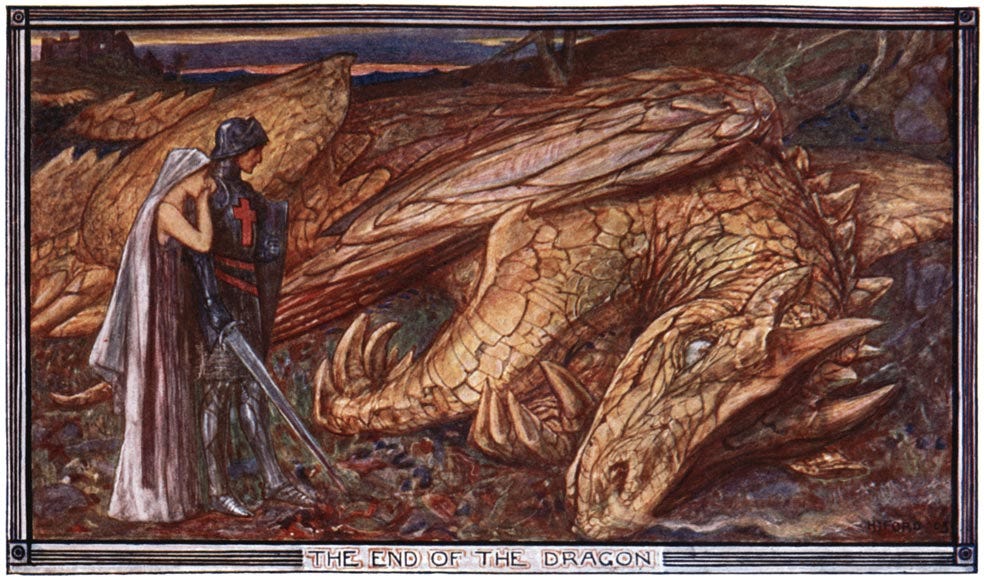Too Much Magic: The Pitfalls of Writing Fantasy
Anything can happen in a fantasy story. So how can writers prevent theirs from spiralling out of control?
Fantasy (along with the more fantastical strains of sci-fi) is hazardous terrain for storytellers. Fantasy deals in magic, which can manifest itself in countless forms, from the secondary worlds of Oz, Wonderland and Middle-Earth, to levitating nannies, gobl…


